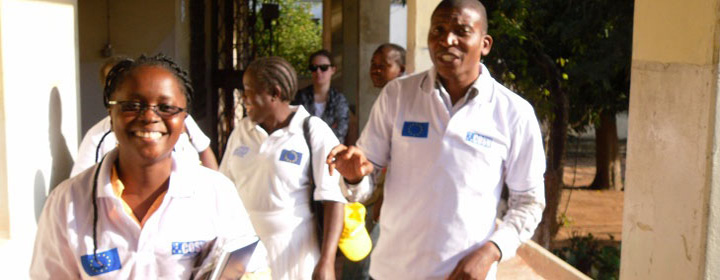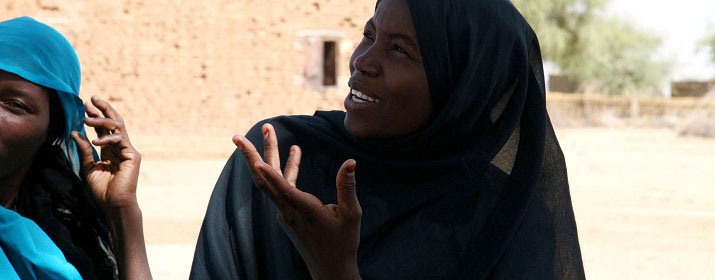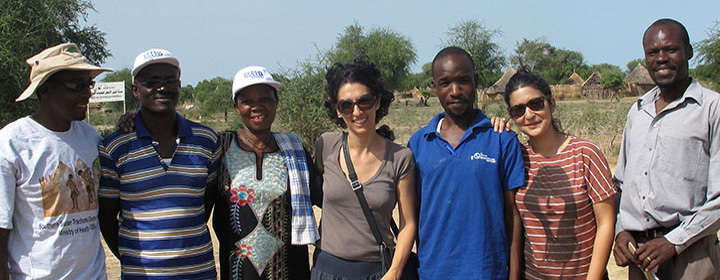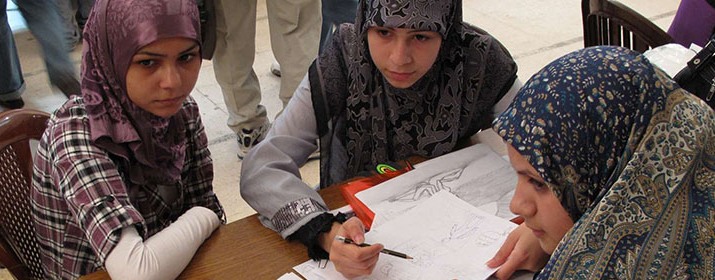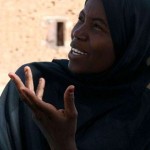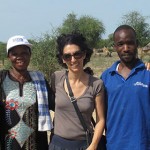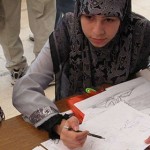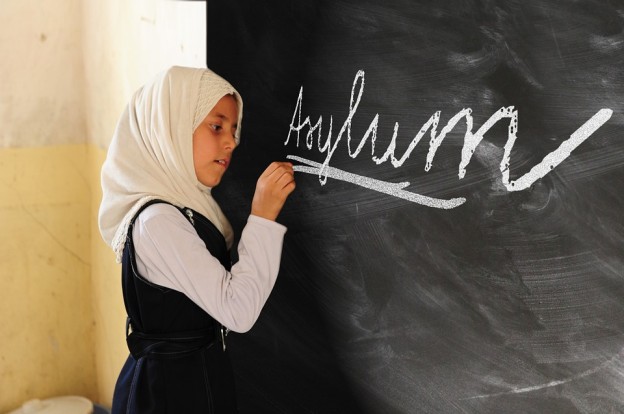Italy and Turkey are the doors of Europe.
Migration flows, especially in these two countries, became more and more intense in the last two years, challenging local and international government policies.
This led to “Mediterranean Bridge 2015” – a project of partnership and research in matter of justice, liberty and security – part of “Civil Society Dialogue”, a program co-funded by European Union and Republic of Turkey, that aims at recalling Turkish and Italian civil society organisations’ attention on common issues, to exchange knowledge and experiences. A 360-degree view that embraced all community welfare aspects (environment, energy, education, healthcare, freedom, security…) leading to 350 cooperation projects, with more than 600 local and international partnerships.
By taking part at “Mediterranean Bridge 2015”, we cooperated with a team of four migration-analysis experts and with some (Italian and Turkish) civil society organisations. We aimed at contributing to the improvement of refugees’ condition and to the creation of mutual comprehension links among the communities, starting from the study and the exchange of tools in matter of migrants’ reception and rights protection.
International treaties, conventions, European directives: the regulation of asylum seekers’ protection and migration flows management appeared as a large mosaic. Project research team put all the pieces together, to build a bridge between Italy and Turkey: the last 10th March, the project ended in Gaziantep (in the South of Turkey), with the presentation of the final report and recommendations. Both these documents result from the joint work of Italian and Turkish researchers, COSV staff and local partners: after a first a phase of routes (leaving/transit/destination countries), socio-cultural contests and existing legislation analysis, the team carried out a comparative study, also implementing “study visits” method, to a direct and full confrontation of reception systems in the two countries.
During the final convention, special emphasis was placed on the importance of continuous contacts and information exchange and on how much the construction of a uniform procedures system may be functional to a just management of asylum and integration practices. Report and recommendations suggested some criteria to simplify bureaucratic processes, help resettlement of migrants’ communities (encouraging settlements in industrialized zones, fostering family reunification, promoting humanitarian corridors) and support refugees in protection requests (through the engagement of international embassies inside departing countries). These guidelines, if followed, will allow not only to establish a new cooperation order in host communities, but also to work on the deepest migration roots.
Finally, a recommendation has been addressed to all the organisations and institutions: a change of attitude towards internal socio-economic issues in the hosting countries (in this case, Turkey and Italy) would be meaningful for the promotion of integration policies. In other words, trying to explain current economic crises and social instabilities through a deep research of concrete motivations – without stopping at the tip of the iceberg, which is the consistent refugees’ influx – would ease tensions inside communities, saving them from the spread of xenophobic and discriminatory attitudes.

